GreenAir’s roundup of the latest news and comment from around the world on efforts by the aviation sector to decarbonise and reduce its environmental impact
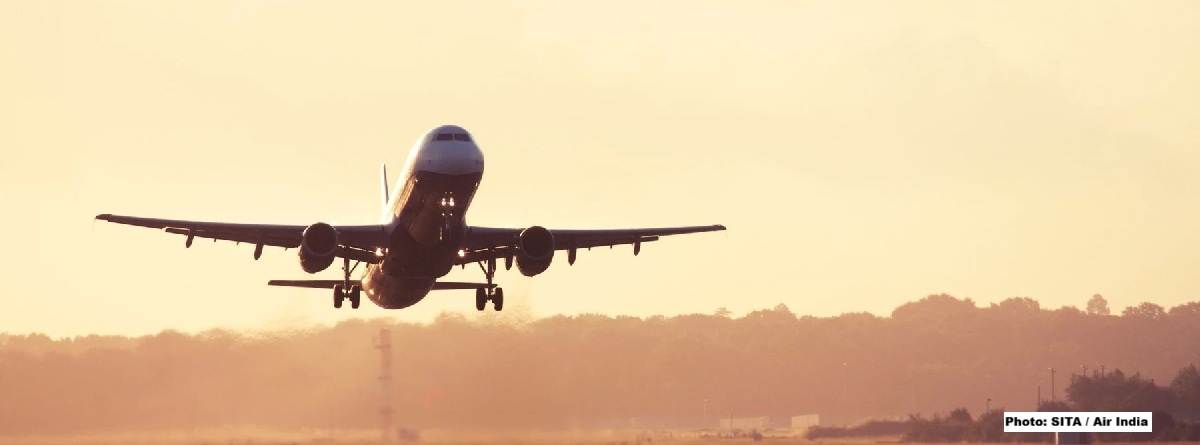
SEPTEMBER NEWS EXTRA
September 2025
The EU has allocated the first tranche of free EU ETS emission allowances to airlines for the use of SAF. Starting in 2024 and ending in 2030, 20 million allowances, worth around €1.5 billion (at an allowance price of €75), have been set aside for this purpose. For the first year of application, 2024, around 1.3 million allowances, worth approximately €100 million, have been distributed between 53 operators. The support system covers all or part of the price difference between fossil kerosene and the eligible SAF used by individual commercial aircraft operators on their flights. This support comes on top of the EU ETS incentive for operators using SAF not being required to surrender allowances for the use of these fuels, an advantage the European Commission says was worth €25 million in 2024.
In collaboration with Shell and Portland International Airport (PDX), Delta Air Lines has taken delivery of more than 400,000 gallons of blended SAF produced by Montana Renewables, marking the first commercial-scale SAF uplift at PDX. The waste-derived feedstock from Montana was supplied by Shell to Zenith Terminal in Portland where it was blended with traditional jet fuel and delivered to PDX via barge, truck and pipeline. The blended SAF entered the airport’s privately-owned fuel supply system in early September. The PDX delivery is part of the airline’s broader SAF strategy, which includes previous deliveries to its hubs at Minneapolis-St Paul and Detroit.
US ethanol-to-jet (EtJ) technology specialist Gevo is to partner with European-based renewable energy company Haush to explore developing ethanol and EtJ facilities and business opportunities in Europe, with potential production locations in Portugal, Germany and the United Kingdom. Should both parties determine the right business opportunity exists, the agreement is expected to be a precursor to a full joint venture. They will explore options for ethanol sourcing and SAF plant development for the purpose of producing and selling SAF in Europe, with the goal of targeting for consideration projects that deliver ReFuelEU-compliant SAF. Haush will take the lead on European activities, including the identification of specific site locations, management of the application to the European Innovation Council Accelerator programme, the identification of prospective investors and development of relationships with selected fuel suppliers and blenders.
Air India Group is rolling out SITA OptiFlight’s climb optimisation solution OptiClimb and SITA eWAS data-driven solutions for flight optimisation as part of a strategy by the airline to improve sustainability and operational performance. The technology is now active across the Air India A320 fleet and the Air India Express Boeing 737 fleet, covering both domestic and international routes. Deployment on Air India’s widebody fleet will be rolled out subsequently. The tools are expected to help cut carbon emissions by 35,000 tons annually across the Air India fleet.
The EU’s Clean Aviation Joint Undertaking has selected aircraft manufacturer ATR to lead two ground-breaking initiatives on low-emissions regional aviation. As part of Clean Aviation’s Ultra-Efficient Regional Aircraft thrust, ATR will spearhead development projects aimed at demonstrating the integration of hybrid-electric propulsion, advanced propeller systems and electrified aircraft systems on a regional aircraft. By 2030, ATR expects to achieve the first-ever hybrid-electric aircraft using an ATR 72-600 test bed. ATR’s flagship project HERACLES (Hybrid-Electric Regional Aircraft Concept for Low EmissionS) will define an ultra-efficient regional aircraft concept integrating hybrid-electric propulsion, high-performance batteries and a thermal engine compatible with 100% SAF. These technologies will be flight-tested through DEMETRA (Demonstrator of an Electrified Modern Efficient Transport Regional Aircraft), using an ATR 72-600 flying test bed.
France-based biomass conversion technology company Axens has started up a 100% SAF unit in Asia with the capacity to entirely convert renewable feedstock into SAF through a two-stage process involving the Axens Vegan unit that allows production of either 100% renewable diesel or 100% SAF. The company says the 100% SAF mode can be achieved without the need for an additional hydrocracking stage.
With the support of SMBC Group, Pegasus Airlines has converted three Japanese Operating Lease with Call Options (JOLCO) transactions into a Sustainability-Linked Loan (SLL) structure. The financing incorporates environmental and social KPIs across both the loan and equity components and supports the delivery of three Airbus A321neo aircraft. To facilitate the SLL conversion in line with market best practices, Pegasus implemented its inaugural Sustainability-Linked Financing Framework, developed with the support of SMBC as sole Sustainability Advisor in early 2025. It features KPIs focused on carbon intensity and gender diversity, each paired with Sustainability Performance Targets. The financing terms of the JOLCOs are tied to the airline’s sustainability performance against the KPIs.
Sustainable energy company Moeve has joined forces with other members of the Global Impact Coalition to advance a new methanol-based pathway to e-SAF and low-carbon chemicals in Europe. Starting with a feasibility study, the companies have formalised a dedicated spin-off structure to accelerate the development of a pathway based on Methanol-to-Olefins technology. The process enables the conversion of e-methanol into e-SAF through the production of sustainable olefins. The study is set to run until late 2026 and will assess the technical and economic potential of building a first-of-its-kind sustainable olefins production facility in Europe. The global green methanol market is set to triple by 2030, says Moeve.

ICAO and IRENA launch Finvest platform to connect sustainable aviation projects with financiers
26 September 2025
The International Civil Aviation Organization (ICAO) and the International Renewable Energy Agency (IRENA) have formally launched Finvest@ETAF, a global portal to connect developers of clean aviation projects with financial backers. The ICAO-IRENA collaboration, announced in Montreal ahead of the 42nd ICAO Assembly, is largely designed to accelerate production of sustainable aviation fuels. The Finvest concept was unveiled by ICAO in late 2023 during the third Conference on Aviation and Alternative Fuels (CAAF/3) held in Dubai, and the IRENA partnership now brings it to life. Initially, Finvest will be hosted on IRENA’s Energy Transition Accelerator Financing (ETAF) platform as an entry point for project developers seeking funding to be introduced to a global network of public and private financiers. Applications will be screened by ICAO and IRENA before being presented to financing and de-risking partners within the ETAF platform. As the IRENA collaboration matures, ICAO will introduce other financing partners to expand the concept.
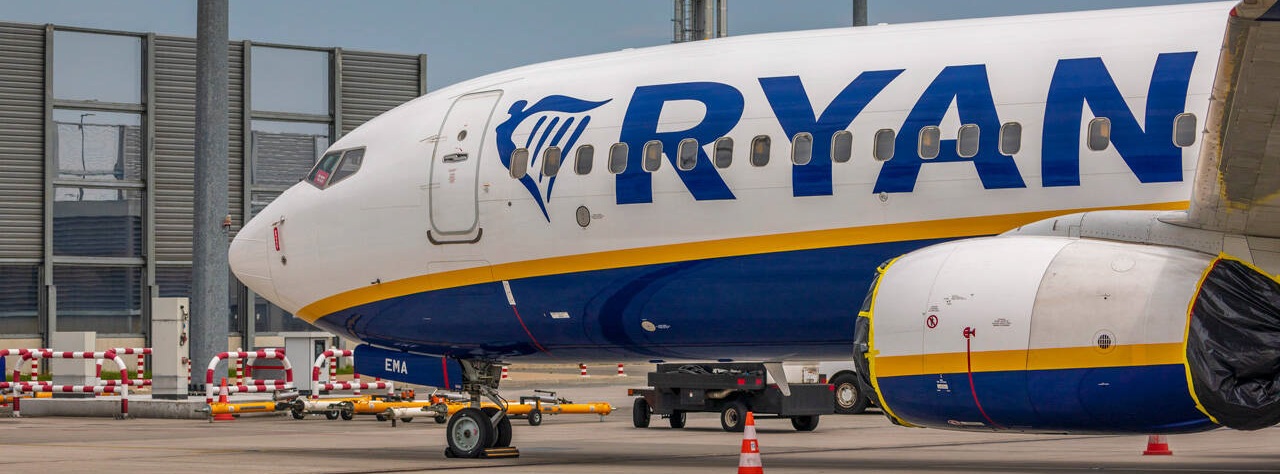
Catagen launches SAF production company and signs offtakes with Ryanair and Shell
26 September 2025
Northern Ireland-based clean energy engineering group Catagen has launched a dedicated subsidiary, ClimaHtech Green Flight (CGF), which will use a modular production system to manufacture sustainable aviation fuel near renewable energy sources or close to airports where the fuel will be used. It will produce SAF by using patented reactor technology, powered by off-grid renewable energy or low carbon electricity, to convert industrial waste to fuel. The Belfast company claims that by using off-grid electricity, SAF can be produced continuously, unaffected by fluctuations in grid-based power, while its modular infrastructure provides flexibility that cannot be offered by larger fixed-based production facilities. It has also announced strategic partnerships and offtake agreements with prominent launch customers Shell and Ryanair.
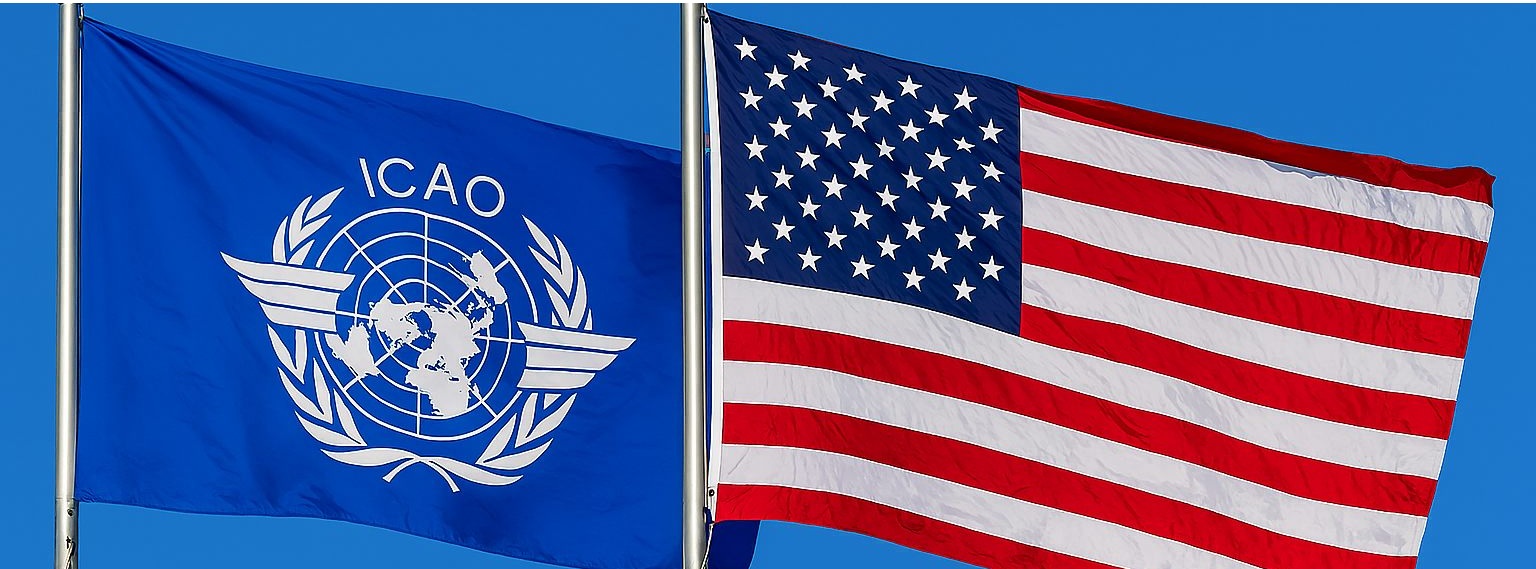
US rebukes ICAO for wasting resources on climate financing initiatives and warns against global levies
25 September 2025
In an address to member state delegates on the opening day of ICAO’s 42nd Assembly, US Transportation Secretary Sean Duffy rebuked the UN civil aviation agency for wasting “critical resources” on social programmes and climate financing initiatives, saying they had “nothing to do with the safety, security and efficiency of the global air transportation system.” He said “the rapidly approaching revolution in aviation” had not been anticipated by ICAO and the organisation’s work programme was “years behind where it needs to be”. He also took aim at certain countries that wanted to impose solidarity levies on air transport to help raise climate finance for poorer nations. The United States has submitted a working paper for consideration by the Assembly that requests ICAO’s governing Council to engage with other UN bodies “to discourage the proliferation of such taxes”.
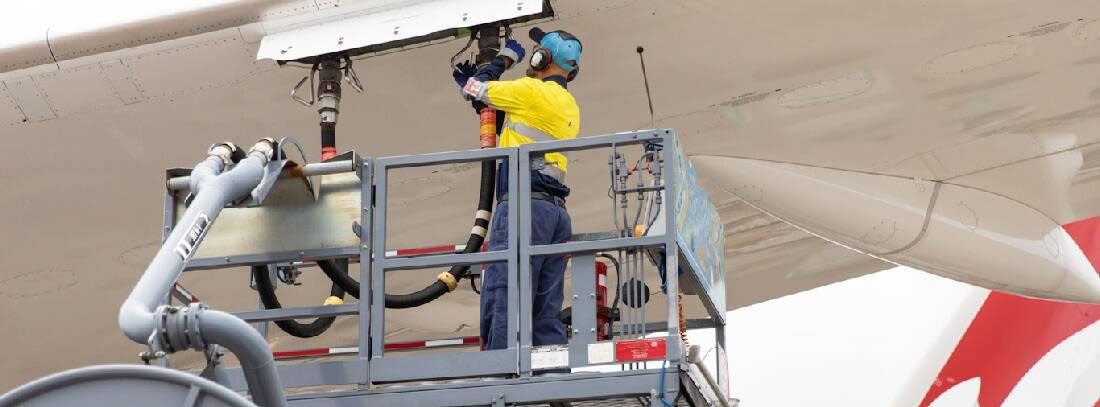
Australia announces A$1.1bn incentive scheme to drive local production of low carbon fuels including SAF
24 September 2025
The Australian government has announced a A$1.1 billion (US$735 million) incentive programme to develop renewable fuels using locally sourced agricultural and waste feedstocks. The 10-year Cleaner Fuels Programme is designed to attract private investment in Australian production of low carbon liquid products including sustainable aviation fuel and renewable diesel for commercial deployment by 2029. The government says Australia has abundant feedstocks including canola, sorghum, sugar cane and waste, which the aviation industry has long complained is being exported for other countries to produce renewable fuels. As well as helping to locally produce non-fossil fuels in line with national decarbonisation targets, the incentive programme is designed to provide a significant new income stream for the agricultural sector, which is frequently impacted by climate and trade volatility. Meanwhile, Singapore-based fuel technology group FlyORO has delivered its first portable SAF blending unit to Australia, enabling product to be mixed with jet fuel at any location, for use within hours.
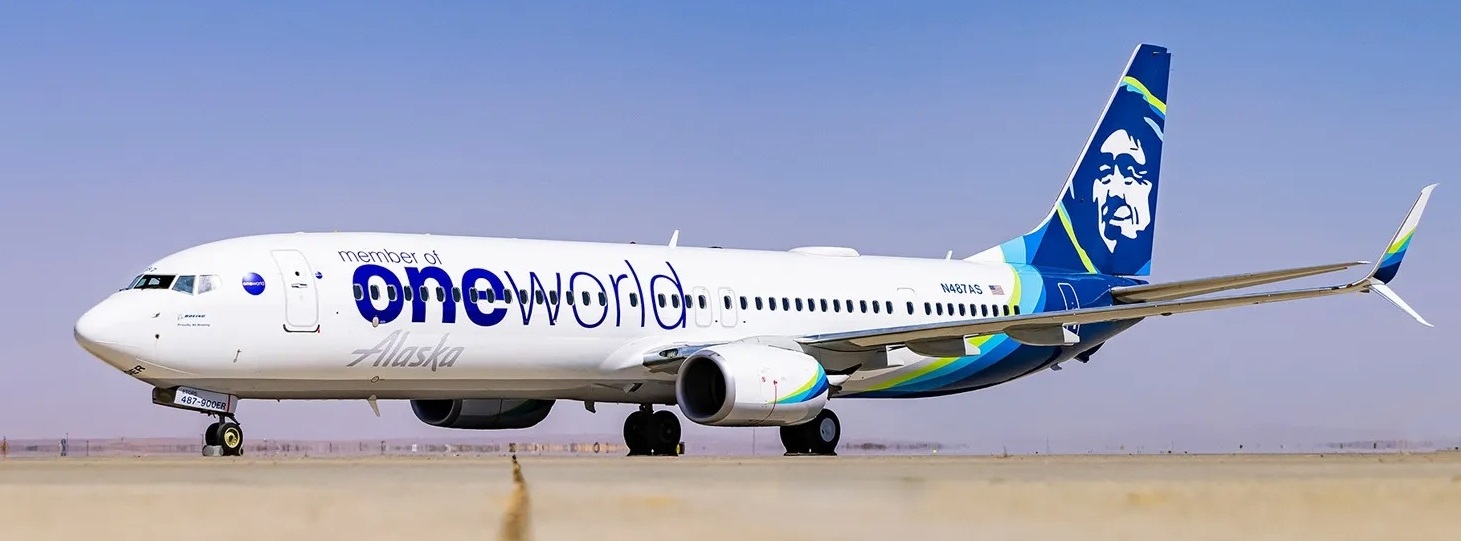
Oneworld airline partners join with Breakthrough Energy Ventures to invest in new SAF technologies
23 September 2025
The oneworld Alliance and major airline members, plus a prominent member of the rival Star Alliance have partnered with Breakthrough Energy Ventures (BEV), the green investment platform established by technology billionaire Bill Gates, in a new $150 million investment fund to identify, accelerate and commercialise technologies which deliver affordable supplies of sustainable aviation fuels. Cornerstone investors in the oneworld BEV Fund are the world’s largest airline company, American, and the expanding Alaska Airlines Group, which are joined by Europe’s International Airlines Group (IAG), Hong Kong-based Cathay Pacific and Japan Airlines, all from oneworld, plus marquee outsider Singapore Airlines from Star Alliance. Breakthrough will be the fund’s investment manager, contributing technical expertise and broad experience in backing start-up climate technology companies. The platform’s focus will be “novel, next-generation SAF technologies” and support for a “diverse and resilient” SAF supply chain.

Countries gather for triennial ICAO Assembly, with a focus on CORSIA and SAF scale-up
23 September 2025
After a series of sessions marked by big announcements on the environmental front, ICAO’s 42nd Assembly starting on September 23 will instead focus on stocktaking and implementation. Despite the change, the Assembly will still be closely watched. Two themes are poised to dominate the environmental discussions: fixes to ICAO’s CORSIA (the Carbon Offsetting Reduction Scheme for International Aviation) and the scale up of sustainable aviation fuels. In the background, there could also be governance talks over the non-ICAO proposed international aviation climate levies, or the credibility of 2050 targets without interim objectives. Justine El Amrani-Joutey of Ishka SAVi takes a deep dive into what states, industry groups and NGOs are set to advocate for in Montreal, three years after the adoption of ICAO’s long-term global aspirational goal (LTAG) for international aviation to achieve net-zero emissions in 2050.
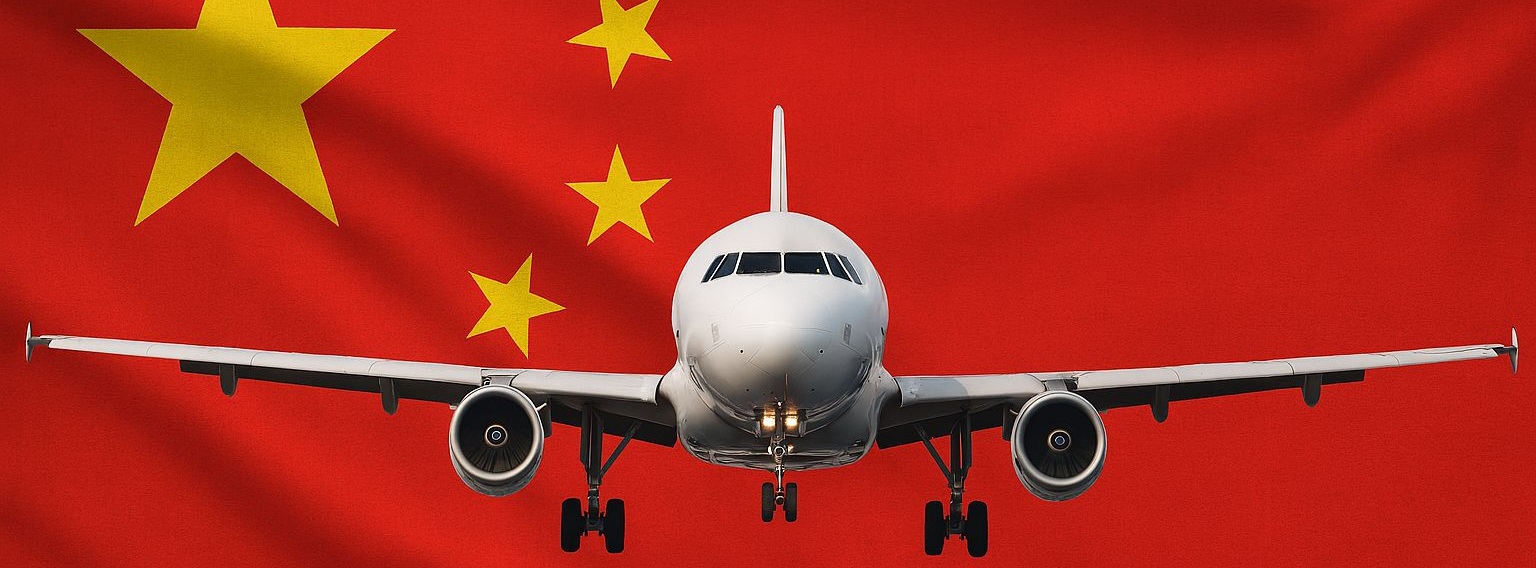
COMMENTARY: China poised to evolve from rule-taker to rule-shaper at ICAO Assembly
22 September 2025
As the 42nd ICAO Assembly convenes in Montreal, China’s civil aviation sector is undergoing a dynamic and policy-driven green transition. Domestically, implementation is accelerating – from carbon peaking action plans and market instruments to regional pilots and industry-wide standards. This surge in regulatory momentum and technological innovation is positioning China not merely as a participant in global aviation climate governance, but as a proactive contributor and institutional designer. China is poised to play a transformative role in shaping the future of sustainable aviation, writes David Ma. It will offer proposals rooted in Chinese characteristics, development-oriented logic and equity principles. This shift reflects not only the transformation of China’s civil aviation sector but also its broader international climate responsibility.
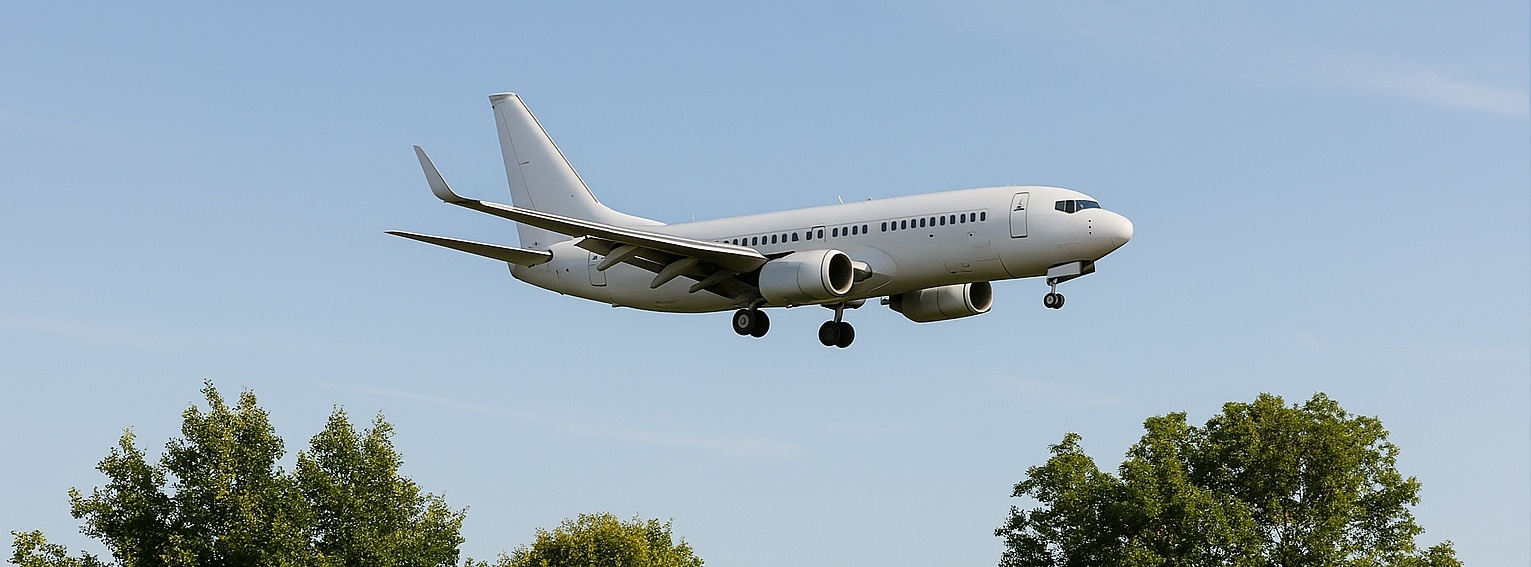
Aviation needs better measurement to deliver meaningful decarbonisation
16 September 2025
SPONSORED ARTICLE
As aviation’s contribution to global greenhouse gas emissions continues to rise, questions are mounting over whether current tools for calculating flight emissions are fit-for-purpose. Most carbon calculators on the market rely on simple distance-based models, overlooking non-CO₂ effects, such as contrails, nitrogen oxides and induced cloud formation. All of these factors amplify the sector’s warming impact and this measurement gap risks the underestimation of aviation’s real carbon footprint. As a response, new research led by Therme Group and the University of Surrey has produced a new model: the Air Travel Passenger Dynamic Emissions Calculator (ATP-DEC). By combining life-cycle analysis with real-world flight data, ATP-DEC will provide regulators, airlines and passengers with far more accurate and transparent information on carbon disclosure, helping align aviation with climate targets, write Eduard Goean and Jhuma Sadhukhan.
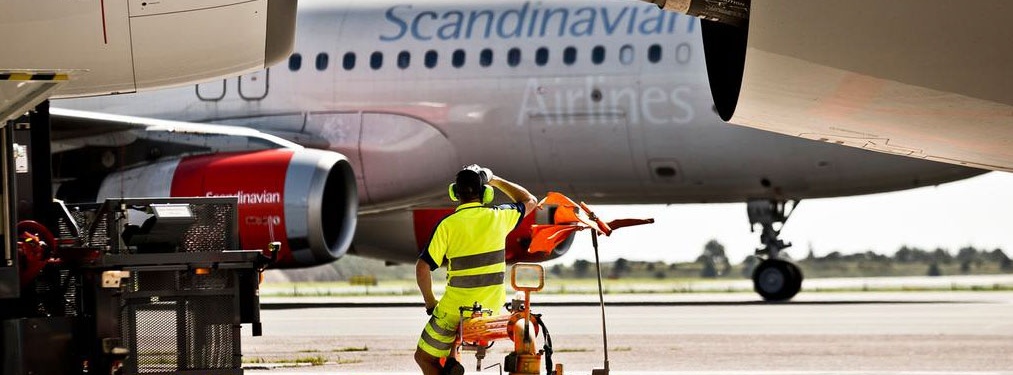
New Danish measures emerge to reduce aviation’s air and ground emissions
15 September 2025
Two fresh initiatives have emerged in Denmark to help reduce emissions produced by aircraft, both in flight and on the ground. The nation’s biggest oil refinery, Kalundborg, has announced it is supplying Airbus with a new, low-aromatic aviation fuel developed to help reduce contrails, which form when soot particles from aircraft engines freeze in certain meteorological conditions, trapping heat in the atmosphere. And at Copenhagen Airport, the nation’s largest aviation hub, Swiss technology group Assaia has launched EmissionsControl, a system designed to monitor the use of and emissions from auxiliary power units, generators installed in aircraft to provide them with power on the ground when other sources are limited or not available. Copenhagen is the world’s first airport to introduce the Assaia monitoring capability at most of its aircraft parking stands to help reduce emissions from APUs, which, like engines, use jet fuel and emit CO2.

More targeted and faster measures needed to overcome barriers and unlock SAF’s full potential, finds PA study
12 September 2025
Research by PA Consulting, drawing on responses and insights from around 600 leaders across the sustainable aviation fuel value chain, finds near unanimity that SAF is crucial to the aviation sector’s decarbonisation efforts. Yet almost 20 years after the first non-conventional fuels were tested on commercial aircraft, “the gap between ambition and achievement is striking,” says the report, finding patchy progress on SAF adoption and falling short of industry objectives. The SAF system, from the value chain through to its regulatory and policy frameworks, isn’t interconnected or collaborative enough at present to respond to the challenge, and the prohibitively high cost of SAF remains the key barrier to scaling, says PA. While there is low confidence within the industry of widespread SAF adoption by 2030, the report sees positive signs emerging on policymaking and recommends key actions to successfully scale SAF.
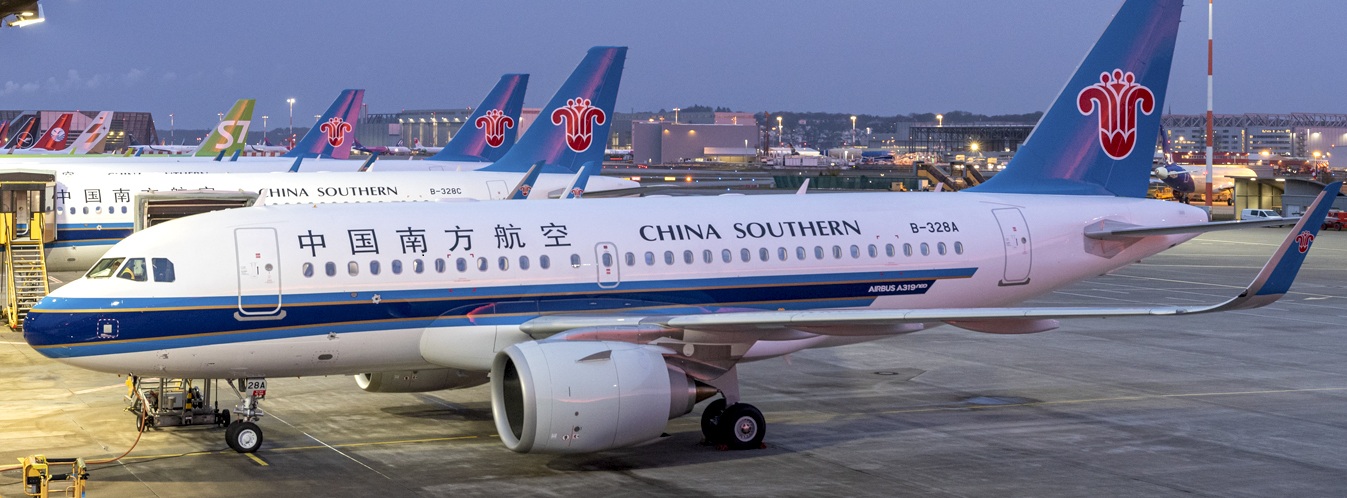
COMMENTARY: Why China’s national carbon market is unlikely to include aviation in the near term
8 September 2025
Despite growing momentum behind China’s national carbon market expansion, the aviation sector remains unlikely to be included in the near term. While recent policy developments signal a clear trajectory toward broader sectoral coverage, aviation faces persistent structural, technical and regulatory hurdles that limit its readiness for integration. David Ma argues that aviation’s inclusion will require more than political will – it demands robust MRV infrastructure, stable emissions baselines and alignment with national priorities. In the meantime, voluntary offset mechanisms and regional pilot programmes offer a transitional pathway, but they are not substitutes for full ETS participation. Understanding these constraints is essential for shaping realistic expectations and strategic planning within the aviation industry.
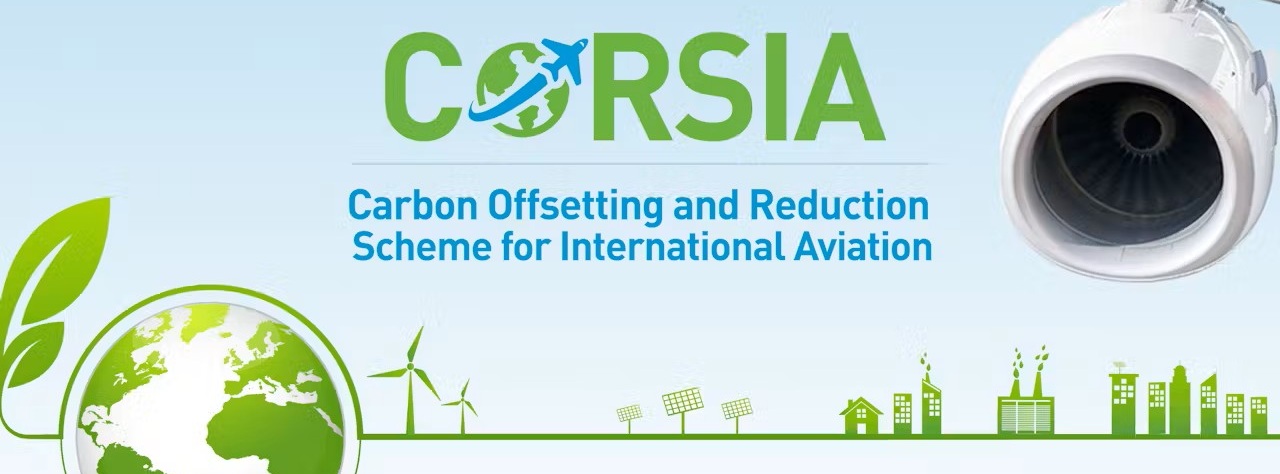
International airlines face major CORSIA offset costs from 2027, says IBA
3 September 2025
UK-based aviation consultancy IBA has warned that international airlines face big increases in their operating costs from 2027, when they will be required to purchase approved offsets to help compensate for their carbon emissions from cross-border flights. The company estimates carriers collectively will need to offset 79.25 million tonnes of emitted CO2 as part of ICAO’s Carbon Offsetting and Reduction Scheme for International Airlines (CORSIA) but says scarcity of approved carbon credits will increase prices and could result in non-compliance by some carriers if they cannot procure sufficient eligible credits. Under the programme, most airlines with international routes will be required to offset carbon emissions that exceed a baseline level of 85% of 2019 levels.


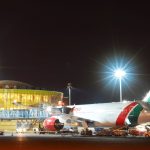
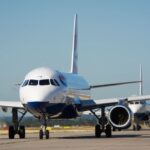
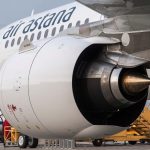

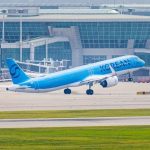



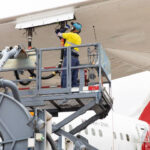




More News & Features
News Roundup October 2025
African Development Bank and Japanese industrialist unite to explore SAF production in Africa
Cirium analysis challenges assumptions between aviation growth and environmental impact
LanzaJet and KMG agree to progress SAF production project in Kazakhstan
SkyNRG says e-SAF and carbon removals should not be competing strategies for aviation decarbonisation
South Korea announces mandatory SAF blending for departing international flights from 2027